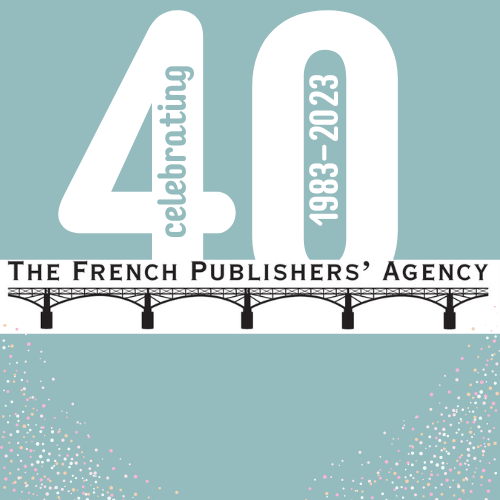THE SCHUBERT BAND-AID
Claire Oppert
(Denoël, 124 pages, 2019)
*** TRANSLATION SAMPLE AVAILABLE ***
Drugs are not the only way to reduce pain—whether acute, chronic, physical, or psychological. When Claire Oppert plays her cello for autistic children or patients suffering from terminal illnesses, she observes how their faces and bodies relax, how their breathing eases and anxiety diminishes. In The Schubert Band-Aid, she weaves together personal recollections and deeply moving stories of her most memorable musical therapeutic encounters. An accomplished musician and dedicated art therapist, Oppert testifies to the mysterious ways that music can relieve physical and mental suffering.
Oppert begins with the case of Mrs. Kessler, whom she first met in the dementia unit of a Paris nursing home. A particularly difficult patient, Mrs. Kessler screamed, bit, and struggled every time the nurses attempted to change her dressing. Passing by Mrs. Kessler’s room, Oppert decided to sit down and, intuitively, started playing Franz Schubert’s Trio No. 2. Mrs. Kessler calmed down immediately. Oppert repeated the experiment, each time with the same success.
The “Schubert Band-Aid”—a term coined by a nurse—became the name for a palliative care study in which Oppert participated as a member of a multidisciplinary unit. Over twenty years, she continued to visit patients and adapt her musical offerings to their needs and preferences. Mr. Koumba, former boxer and athlete, appreciated all music but he particularly loved to listen to Edith Piaf’s “No, I Don’t Regret Anything.” The explosive second movement of Dmitri Shostakovich’s Cello Sonata in D minor enthralled Dîlan, a young Kurdish autist. For others, it was Mozart, Brahms, or traditional Jewish, Arabic, and African songs, tangos, waltzes, jazz, opera, French pop and rock.
From her rigorous musical training at the Tchaikovsky Academy of Moscow to her formative encounters with her mentor, the multifaceted clinical psychologist Howard Buten, Oppert’s account is interspersed with poetic interludes and brief autobiographical passages. With The Schubert Band-Aid, Oppert offers us an original, intimate, and inspirational book that can be read as an informative account on the positive effects of music therapy, as well as a poignant memoir of a woman’s transformative journey, using her art to help others.
A cellist and art therapist, Claire Oppert studied at the Tchaikovsky Academy of Moscow, where she obtained her diploma in 1993. She plays as a soloist with several orchestras, most notably the Berlin Philharmonic. She is also a member of the Helios Quartet, and together with Russian pianist Roustem Saïtkoulov performs concerts in Europe, China, and Australia.

